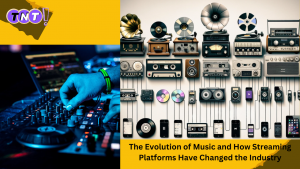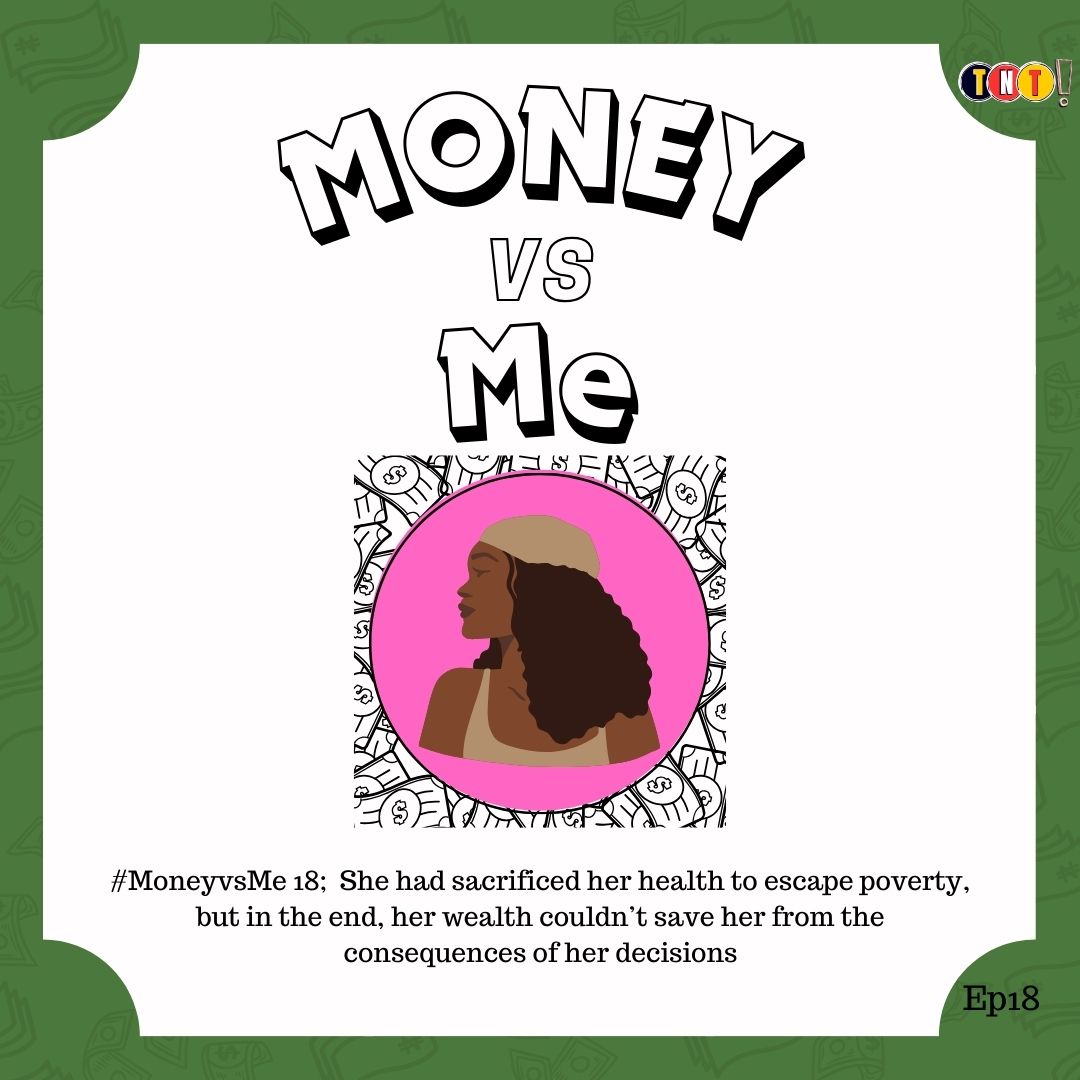
The evolution of music has been significantly shaped by the rise of streaming platforms, and this transformation has brought about major changes in how music is produced, distributed, and consumed. Here’s a breakdown of how streaming platforms have impacted the music industry:
Democratization of Music Distribution
Streaming platforms like Spotify, Apple Music, and Deezer have made it easier for artists of all levels to distribute their music globally. Independent musicians no longer need major record labels to reach a wide audience. Platforms such as SoundCloud and Bandcamp have further democratized the process, allowing artists to share their work directly with listeners.
Changes in Revenue Models
With the shift from physical sales and downloads to streaming, the revenue model for the music industry has changed. Artists now earn royalties based on streams rather than album sales. This has led to debates about fair compensation, as streaming royalties are often criticized for being lower compared to traditional sales.
Impact on Album Sales on the Evolution of Music
Streaming has shifted the focus from album sales to single tracks. While albums were once the primary way to consume music, listeners now often focus on individual songs. This change has led to new strategies in music marketing, with artists releasing singles more frequently and using playlists to boost their visibility.
The Power of Playlists
Playlists have become a crucial tool for music discovery and promotion. Curated playlists on streaming platforms can catapult a song or artist into the limelight. Playlist placement can significantly impact an artist’s career, leading to collaborations and increased opportunities.
Data-Driven Music Trends
Streaming platforms collect vast amounts of data on listening habits, which can be used to analyze trends and predict future hits. This data-driven approach helps artists and labels understand audience preferences, leading to more targeted marketing and music production strategies.
Globalization of Music
Streaming has made it easier for music from different cultures and regions to reach a global audience. This has led to increased cross-cultural exchanges and the blending of genres. For example, K-pop’s global success has been partly fueled by its presence on international streaming platforms.
Changes in Music Production and Promotion
The ease of access to streaming platforms has altered how music is produced and promoted. Artists now often release music more frequently to stay relevant and engage with their audience. Social media and streaming analytics play a significant role in shaping marketing strategies.
Shifting Relationships Between Artists and Fans
Streaming platforms have created new ways for artists to interact with their fans. Features like live streaming and direct messaging allow artists to build closer relationships with their audience. This direct connection can enhance fan loyalty and provide valuable feedback.
The Role of Algorithms
Algorithms used by streaming services recommend music based on users’ listening history. While this personalization can help listeners discover new music, it can also create echo chambers where users are primarily exposed to familiar genres and artists.
The Future of Music Streaming
The music streaming industry continues to evolve, with advancements in technology and changes in consumer behavior shaping its future. Innovations such as high-fidelity audio, enhanced user experiences, and integration with other media platforms will likely continue to transform the industry.
In summary, streaming platforms have revolutionized the music industry by reshaping how music is distributed, consumed, and monetized. While this transformation presents new opportunities, it also poses challenges that artists, labels, and consumers must navigate.



